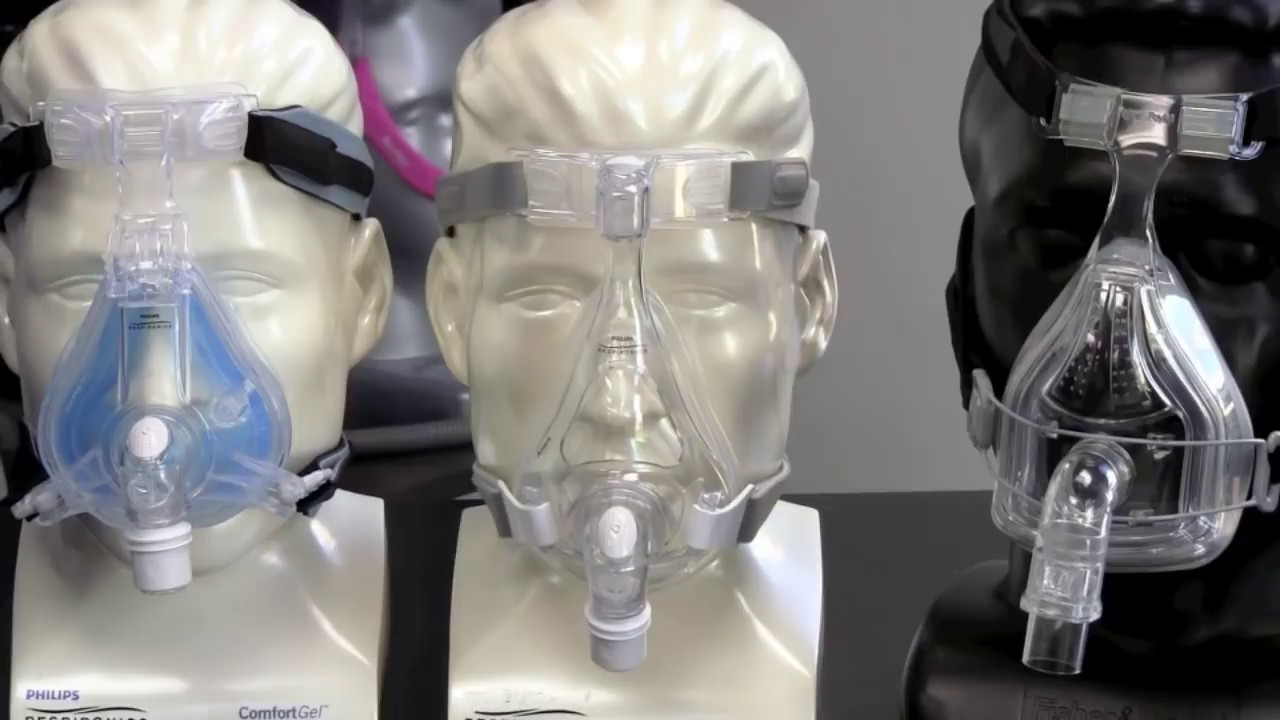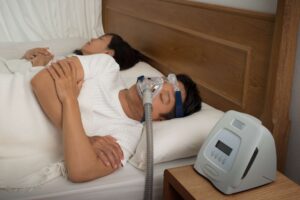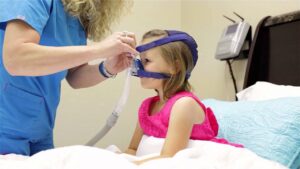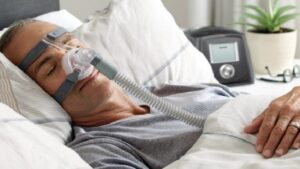Many individuals might use CPAP masks to recover and control their health since they are a commonly prescribed medical therapy for several respiratory ailments. They are also composed of rubber silicone, a material that is widely used and recyclable.
If they are not too old, cpap masks may be given to patients in need, and if they are, they can be melted down to make new silicone items, like as adhesives. Learn more about sleep apnea and kids.
This post will go through many methods for recycling your CPAP masks, such as silicone recycling organizations and charitable contributions.
Giving Away Your CPAP Mask
Programs for recycling CPAP machines and masks have been set up by a number of significant organizations, and donations may also be made to nearby healthcare institutions.
The Australian Sleep Apnea Association advises that all contributions at this time be given to nearby clinics, sleep laboratories, hospitals, or Red Cross chapters to help battle sleep apnea. The association also has a comprehensive recycling program (The CPAP Assistance Program). COVID-19.
Their regular program, which is temporarily paused, lets patients give their sleep treatment equipment to another patient who needs it. The charity charges the receiver $100 for processing, handling, and shipping.
Machine donations are also accepted by the Reggie White Sleep Disorders Research and Education Foundation as long as they are not too damaged or worn.
Whether you select one of these or a nearby medical facility or hospital, be sure the group you choose is respectable. The masks must be properly sterilized before use and worn appropriately by those who require them.
Although it is legal to provide your mask to someone who doesn’t have a prescription for CPAP, you should exercise caution when sharing respiratory equipment, particularly now that the COVID-19 worldwide pandemic is in full swing. Incorrect cleaning or usage of CPAP equipment might cause COVID-19 to spread fast.
How to Determine whether Your Mask can be donated
Donated masks and equipment should ideally be less than seven years old and originate from a non-smoking, non-pet home. Some organizations, like the American Sleep Apnea Association, provide a thorough list of machines that are eligible for donation, including age and use levels. Other groups want images of the apparatus.
Before being given, a mask should be carefully cleaned in the same manner that you would clean your everyday mask: with soap and water or soap and vinegar. After 30 minutes of soaking in a cleaning solution, wipe the mask clean with warm water and a soft towel. Let the mask air dry for the remainder of the drying process.
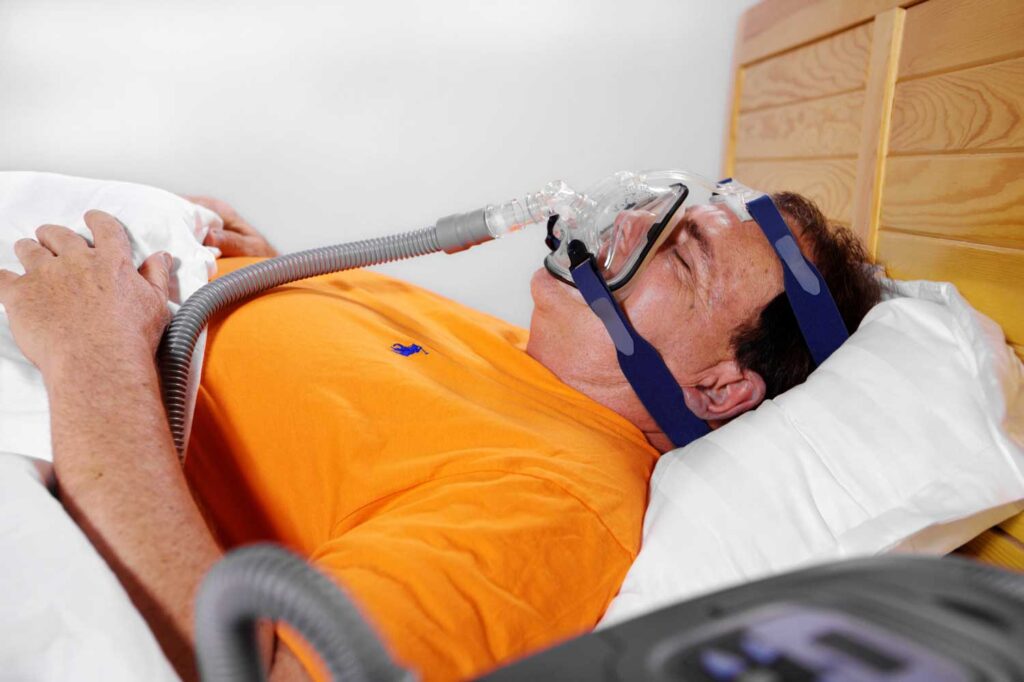
How Are Donated CPAP Masks Used?
Both CPAP masks and machines may be cleaned and then utilized in a medical environment, or they can be donated and then sold again at a lesser price than a new mask.
CPAP machines for COVID-19
Patients with mild to moderate COVID-19 instances may be treated with CPAP devices in an emergency, while ventilators are required for the most severe cases. This is due to the fact that CPAP machines may be altered to deliver BiPAP treatment, which is a kind of therapy identical to CPAP but uses two different air pressures: one for inhalation and one for expiration.
However, it is only necessary to use CPAP machines for COVID-19 patients in dire situations when there is a lack of ventilators. They may transmit illnesses more quickly because they aerosolize the pathogen. The usage of CPAP equipment is probably what caused COVID-19 to spread in one nursing facility in Washington state.
Working with your local healthcare systems to be ready to clean the mask successfully and utilize it correctly is the best method to donate a CPAP mask for usage by a coronavirus patient. Look for a donation drive organized by medical experts in your region to locate one.
How Many People Use CPAP Masks?
Obstructive sleep apnea (OSA) and chronic obstructive pulmonary disease (COPD), both significant disorders treated with the same kind of CPAP treatment, are the medical conditions most often treated with the use of a CPAP machine.
Patients with OSA often stop and resume breathing over the course of the night, which may result in both mild symptoms such as headaches and tiredness as well as significant ones like as depression and heart disease. If not treated with a CPAP machine, it grows worse over time.
In addition to being a progressive illness, COPD also causes chest pain and breathing problems that, if addressed, may become extremely severe.
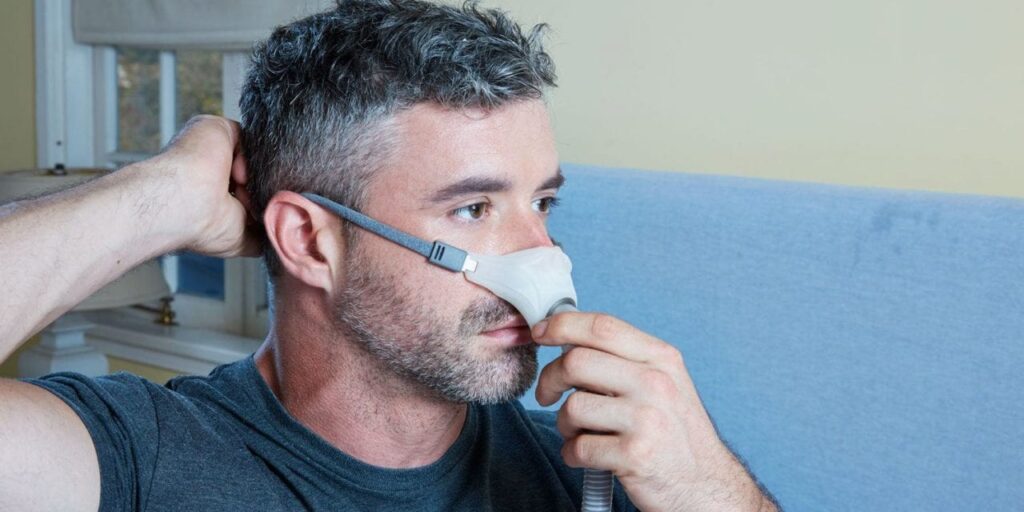
A Used CPAP Mask for Sale
A CPAP machine must be purchased with a prescription, however a CPAP mask may be purchased and sold by anybody without a doctor’s approval. Selling your old mask might help persons in need who do not have the insurance needed to pay for new equipment. This is similar to giving old equipment.
Similar to when you donate equipment, be sure to first inspect it for indications of wear and tear and stay away from selling broken or outdated equipment. Make sure to provide images, model details, and facts on the age and wear. Additionally, be sure to fully clean the equipment before selling it.
What CPAP masks are made of
CPAP masks are made of tough, rubbery silicone, which effectively keeps out moisture and resists structural damage. If your mask is too old or worn to be given, you should be aware that the silicone may still be used in a variety of ways.
Silicone is a substance that may be utilized as a paste or as a liquid (oil) (grease). All of the following items, including delicate applications and industrial-strength solutions, are utilized with it:
- Bakeware and cookware
- construction adhesives for commercial architecture
- sealants and caulks
- aviation-related sealants and adhesives
- electronics
- solar panels
- personal care items (shampoos, cosmetics, lotions)
- coatings for airbags
- tubs
- sinks
- showers
- kidney dialysis components
- pharmaceuticals
- orthopedics.
You may have a full-face silicone piece or a lighter silicone nasal mask, with or without little nasal cushions connected for a cushioning effect, depending on the kind of mask you have.
Final thoughts
As long as they are not too shabby or worn out, CPAP masks may be used by other patients, and a number of organizations have particular programs for CPAP masks and machine donations. In specialist recycling facilities, they may also be melted down and utilized as silicone to make industrial adhesives and other goods.
